I wouldn’t wish to deny that all drug dealers and crime lords read the Guardian. Indeed, check the circulation figures, and you’d be forgiven for thinking that only drug dealers and crime lords read the Guardian. So, when I read last week about the trouble that GCHQ is now having tracking online criminality, and the way that GCHQ considers recent revelations about state surveillance via the Guardian to be the cause, I did not for a moment think that GCHQ was entirely wrong.
I genuinely wonder, though, if the rogue National Security Agency IT boffin Edward Snowden, whom we hear so much about, has damaged national security as much as Apple has. Or Netflix or BT or TalkTalk, or the entirety of the global industries of music, television and film.
No, I’m wholly serious. On our screens and smartphones, something quite alarming is happening. Probably it would have eventually happened anyway, but it’s not this fast. And everything anybody does to slow it down makes it happen all the faster.
It clicked for me a month ago, when a bunch of newspapers (including my own) reported a massive surge in encrypted internet traffic. To explain — and forgive me if no explanation is necessary — encrypted traffic is traffic disguised or hidden, or behaving in some way as though it doesn’t want anybody to be noticing it. This surge was small in the US, but far larger in Europe and South America. According to most reports, this was all about a heightened desire for online privacy in the face of a sudden realisation that online privacy was quite hard to have.
‘Gosh,’ I thought to myself. And then I went home, fired up Netflix, and made it think I was in America so that I could catch up on Mad Men. And then I thought, ‘Hang on.’
For copyright reasons, Netflix America gives you different shows from Netflix UK. Apple’s film and music store, iTunes, does the same, to the extent that I once had to tell my wife’s iPad we were in America so I could re-download a copy of Finding Nemo we’d bought while over there on holiday. For this reason, all over the world, digitally, people are pretending to be in America when they aren’t. Others pretend to be in the UK so they can watch the BBC’s iPlayer. It’s not hard to do this. Once you know what to do, setting up a web proxy — effectively re-routing your data so that it doesn’t go where your internet provider intends it to — is the work of a moment.
Possibly your home internet provider blocks porn. David Cameron, remember, wants ISPs to block it by default, unless you ask for it. If you don’t fancy asking for it, though, it’s the work of a moment to pretend you’re accessing it from, say, Idaho instead. Lots of ISPs, similarly, block access to piracy sites, or torrent sites which they assume to be piracy sites. Likewise.
The thing is that three years ago, hardly anybody knew how to do this stuff. Now lots of people do. And it is not fierce state oppression that has taught them; not the Great Firewall of China, nor, probably, the fear that a man in Cheltenham is keeping a file. It is silly, prosaic stuff; wanting to watch the TV you’ve paid for while abroad, wanting to hear a song today rather than tomorrow, wanting a wank. And in wanting these things, and in a spirit of mild annoyance at a host of clodhopping measures imposed by people who don’t really understand what they are doing, we find ourselves learning the tricks and techniques that terrorists, criminals and child pornographers need to survive.
Do you see what I’m driving at here? In seeking to impose law, we are actively making the internet more lawless. We are making it far harder, rather than easier, to police. With bitcoin, piracy, pornography and all the rest of it, I have long believed that the electronic world is heading towards an event horizon, after which states will effectively lose the power to prevent almost anything. I knew it would happen, but I didn’t think it would happen so soon. Two years ago, some dumb kid in Bradford probably wouldn’t have known how to hide his footprints before downloading a bomb manual, because it was a niche skill. Now it’s commonplace, because you need to do the same thing to beat off a day early to Game of Thrones. Whoops.
A bigger pond
I feel a bit sorry for Jean-Claude Juncker. Poor chap. What else are you supposed to do after being Prime Minister of Luxembourg? You hit that dizzy height — comparable, pretty much, with being Lord Provost of Edinburgh — and then what? Move sideways into one of the great Luxembourgish national industries? Become a talkshow host? Tour the world addressing your expat compatriots around the world in a series of exceedingly small venues? Nah. It’s the EU or nowt.
Seen from the perspective of small states, Europe suddenly looks like a very different business. It’s not really a secret German plan to take over the continent, is it? Or a great co-operation designed to prevent war. Rather, it’s a self-interested plot by people from places where almost nobody lives to have influence, relevance and clout. No wonder he’s a federalist too. It’s that or not leaving the house.
Got something to add? Join the discussion and comment below.
Get 10 issues for just $10
Subscribe to The Spectator Australia today for the next 10 magazine issues, plus full online access, for just $10.

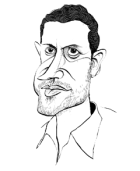
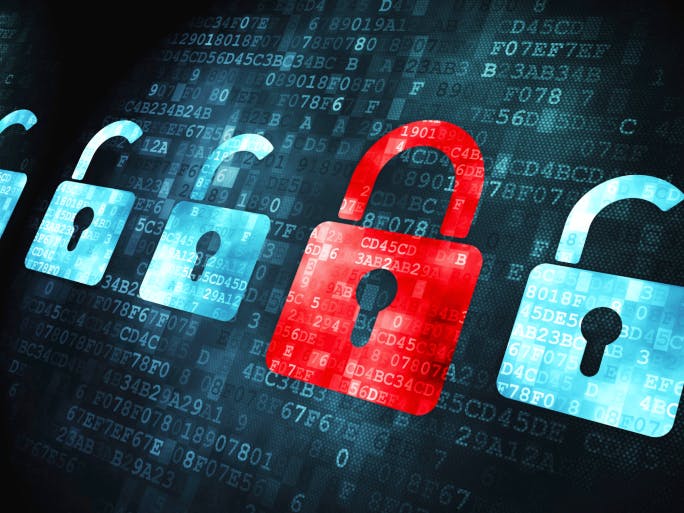

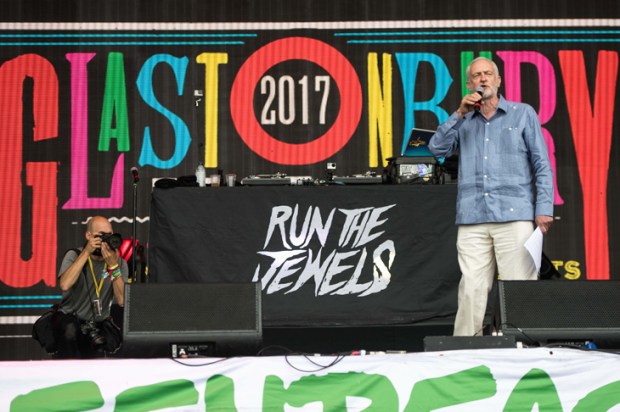
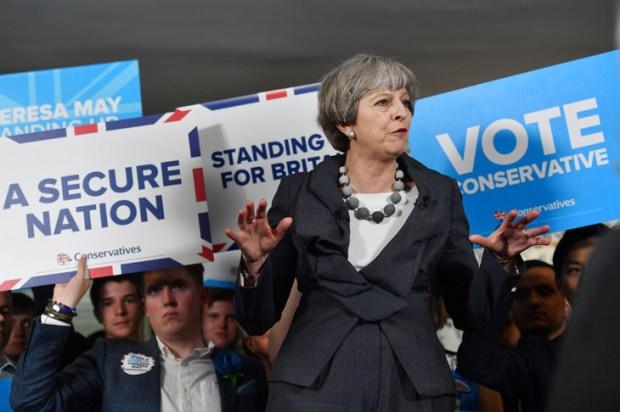
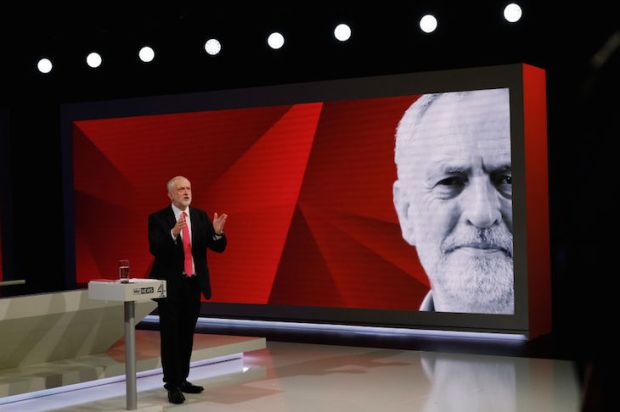








Comments
Don't miss out
Join the conversation with other Spectator Australia readers. Subscribe to leave a comment.
SUBSCRIBEAlready a subscriber? Log in